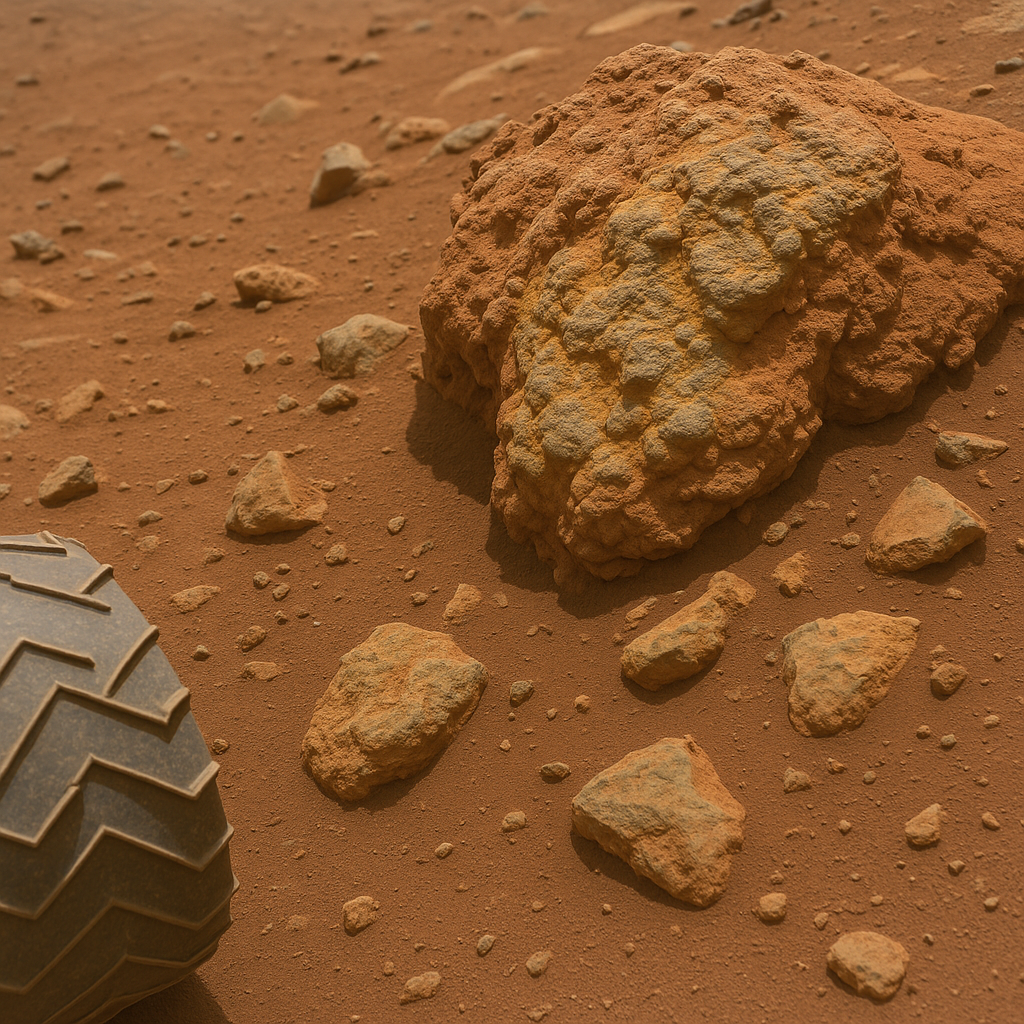
Potential Biosignatures on Mars: NASA’s New Discovery in Jezero Crater
Potential biosignatures on Mars have been identified in mudstones collected by NASA’s Perseverance rover in Jezero crater. Scientists found organic carbon, iron phosphate, and iron sulfide in these rocks. The discovery, published in Nature, provides a strong case for studying possible signs of past life on the Red Planet.
Martian Mudstones and Their Secrets
The research team, led by Joel Hurowitz, PhD, from Stony Brook University, analyzed rocks from the Bright Angel formation. These mudstones contain carbon matter and colorful textures that may represent Martian biosignatures. The minerals inside formed through redox reactions, a type of chemistry that often supports microbial life in Earth’s sedimentary environments.
What Makes This a Potential Biosignature?
Redox reactions involving organic carbon can produce iron, sulfur, and phosphorus-bearing minerals. Both biological and non-biological processes can explain these reactions. However, the unique features of the Bright Angel formation challenge purely abiotic explanations. For this reason, scientists suggest these nodules and textures may serve as life indicators on Mars.
Why This Discovery Matters
According to Hurowitz, these mudstones record environmental conditions hundreds of millions of years after Mars formed. They help researchers understand habitability during that period. The team stresses that more analysis is required, especially with high-sensitivity instruments on Earth, to confirm whether the rocks contain signs of past life on Mars or only reflect non-living processes.
The Next Steps in Mars Research
NASA collected core samples from these formations, which could one day return to Earth. Future studies will determine whether these features are definitive potential biosignatures on Mars or if they originated from abiotic chemistry. Either way, the findings mark an important step in exploring planetary habitability.






